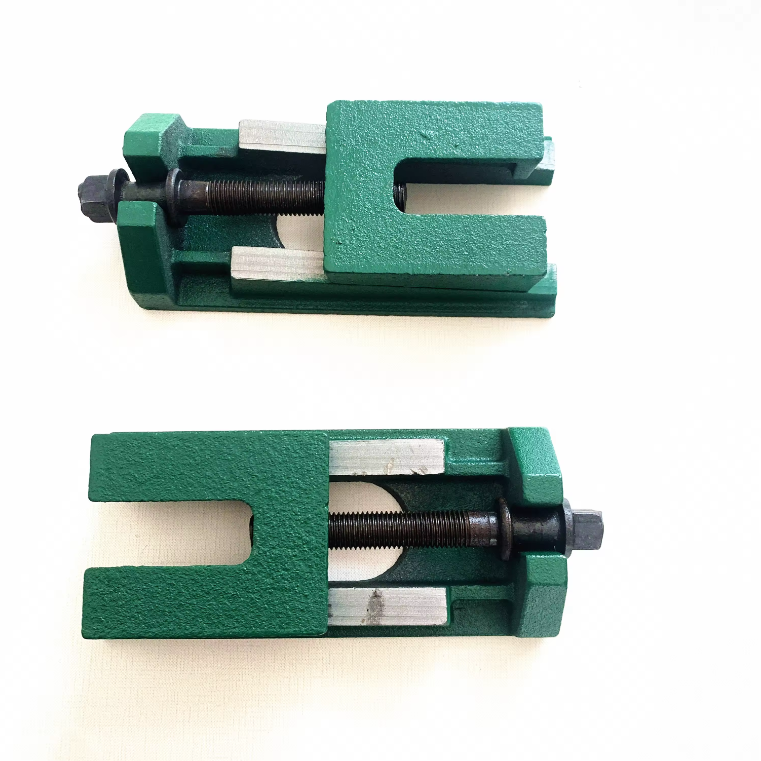Nov . 05, 2024 12:03 Back to list
what is a water valve
Understanding Water Valves What They Are and How They Function
Water valves are essential components in plumbing and irrigation systems, serving crucial roles in the regulation and control of water flow. A water valve is designed to start, stop, or alter the direction of water flow in pipes. They come in various types and designs, tailored to meet the specific requirements of different applications, whether residential, commercial, or industrial.
Types of Water Valves
There are several types of water valves, each serving a distinct purpose
1. Gate Valves These valves are used to start or stop the flow of water. They operate by lifting a gate out of the path of the water, allowing for full flow when open. However, gate valves are not suitable for regulating water flow since they are either fully open or fully closed.
2. Globe Valves These are ideal for throttling flow, allowing precise control over water flow rates. They have a spherical body and a disc that can be adjusted to increase or decrease water flow.
3. Ball Valves Known for their durability and reliability, ball valves use a spherical ball to control flow. When the ball is rotated a quarter turn, it either blocks or allows water flow. They are often used in applications where a quick shut-off is necessary.
what is a water valve

4. Check Valves These valves prevent backflow, ensuring that water only flows in one direction. They are vital in systems where backpressure could cause damage or contamination.
5. Pressure Relief Valves Used to prevent excessive pressure from building up within a system, these valves automatically release water when pressure exceeds a predefined limit, protecting pipelines and fixtures from potential failures.
Applications of Water Valves
Water valves are used in numerous applications, including domestic plumbing, irrigation systems, and industrial processes. In homes, they allow users to control water flow to various fixtures, such as sinks, toilets, and showers. In irrigation systems, valves manage water distribution to ensure efficient use of resources. In industrial settings, they are crucial for maintaining flow rates and pressure in complex systems, often preventing costly leaks and equipment damage.
Conclusion
Understanding the different types of water valves and their functions is essential for anyone involved in plumbing or water management. With the right valve, individuals and businesses can ensure the efficient and safe transport of water, optimizing both functionality and resource use. Whether you are upgrading your home plumbing, installing an irrigation system, or managing industrial water processes, the appropriate valve plays a pivotal role in your operations.
-
Why Metric Trapezoidal Thread is Ideal for Precision Motion ControlNewsAug.05,2025
-
The Unique Properties of a Block of Granite for Industrial UseNewsAug.05,2025
-
The Role of Flanged Y Strainers in Preventing Pipeline ClogsNewsAug.05,2025
-
The Importance of Regular Calibration for Master Ring GagesNewsAug.05,2025
-
How a Cast Iron Surface Table Enhances Accuracy in ManufacturingNewsAug.05,2025
-
Comparing Different Check Valve Types for Optimal Flow ControlNewsAug.05,2025
Related PRODUCTS









